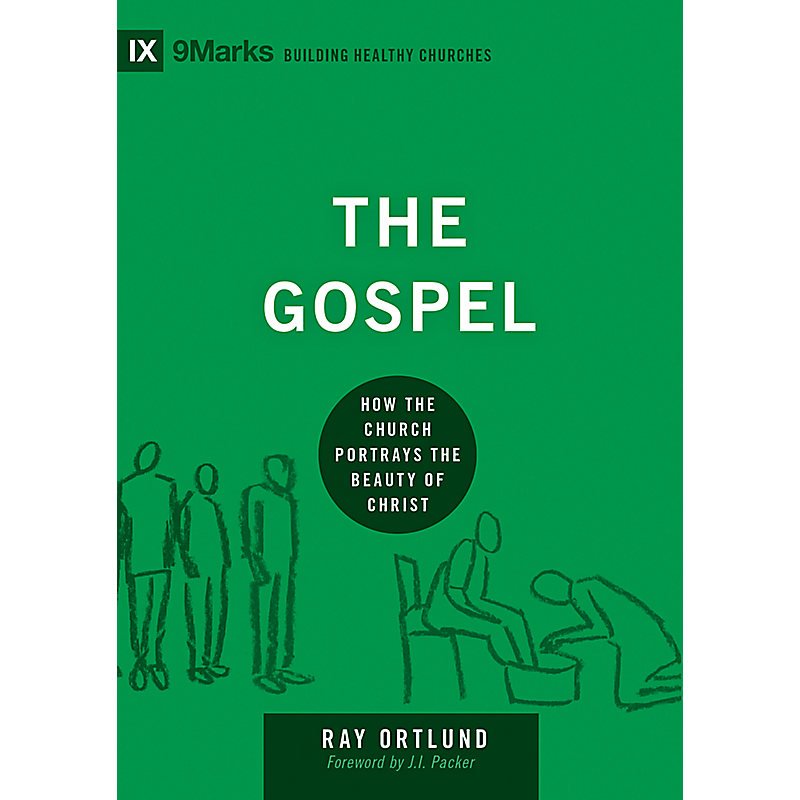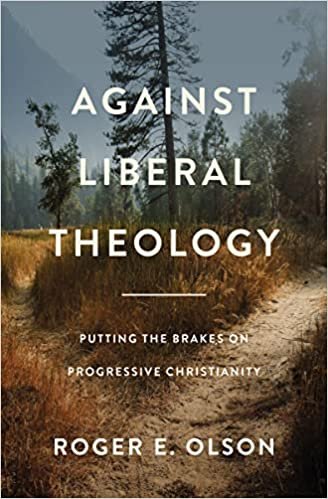The Gospel - A Review
The central concern of Christianity is the gospel. The good news that is at the core of the Christian faith is the beginning and ending of everything that the local church and the life of every believer should be about.
How many of us can give a good, succinct explanation of the gospel?
I don’t mean how many of us can explain how we are different since we have been born again. That is an important story, but that is a story about the effects of the gospel, not the gospel itself. In my experience, I have found that too few Christians understand the gospel at a basic level, which makes evangelism very difficult.
In Ray Ortlund’s book, The Gospel, he offers a careful, but brief summary of the gospel:
“God, through the perfect life, atoning death, and bodily resurrection of Jesus Christ, rescues all his people from the wrath of God into peace with God, with a promise of the full restoration of his created order forever––all to the praise of the glory of his grace.” (16)
There is more that could be said about the gospel. Orlund’s summary leaves room for expansion, for explanation, and for greater detail. However, the core truth is there.
This year my local church walked through Ortlund’s book as we sought to build community within the congregation. Our desire is to frame our community around the gospel and establish a baseline understanding about the content and implications of the gospel.
The Gospel is one of a series of helpful resources produces by IX Marks, many of which have been published by Crossway. This “gift sized” books are all brief, written at an accessible level for all church members, and brief. It was helpful for a large-group study and would be a useful volume to put into the hands a new believer.
One of the interesting aspects of this book is how reliant upon Francis Schaeffer Ortlund is for this book. For those who have read much of Francis Schaeffer, this is not at all surprising. Though some have attempted to classify Schaeffer primarily as a culture warrior, particularly because of his opposition to abortion, but the main thrust of his work was consistently about the gospel and how that should shape the life of the community of faith.
Ortlund’s book is not a simplistic account of the good news. He describes a thick gospel, which require living in a community that takes the renewal of both the individual and the community seriously. This is a short book, a serious book, an encouraging book, and a useful book that I would commend for broad reading and application.







Reading your Bible is a battle. There’s a reason why Paul lists Scripture as the sword of the Spirit in his discussion of the armor of God (Eph. 6:17). More even than that, Scripture reveals God’s character and is, thus, central to worshiping well (Psalm 119). That’s why reading the Bible is a battle.